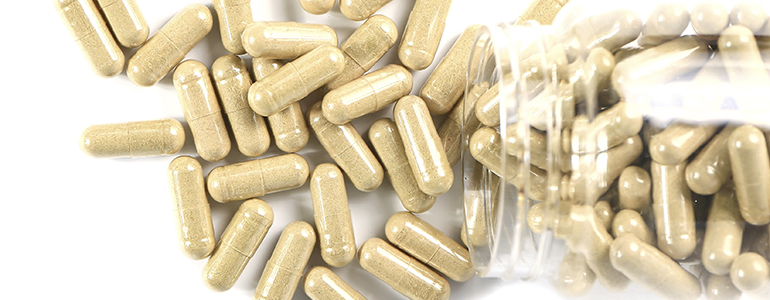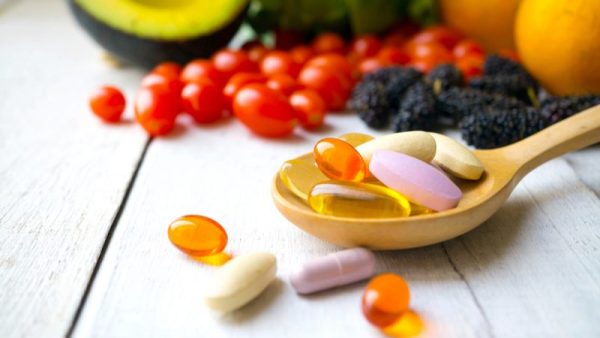The food supplements market is still rapidly growing. Sometimes it seems like new brands of food supplements are on the market each day. But food business operators must note that certain rules must be followed if one wants to have food supplements on the European Union market legally.
Food supplements are also in principal foods, so they fall under general food law. Therefore, all the legislation that applies to foods is also helpful to food supplements. Only some additional rules apply to food supplements.
In the European Union, there is a Directive on food supplements that needs to be followed: Directive 2002/46/EC on the approximation of the laws of the Member States relating to food supplements.
Food supplements usually contain a significant amount of claim carriers. These are most commonly tablets, capsules, sachets, or many different supplements containing substantial amounts of certain nutrients, most widely vitamins and minerals. Their primary purpose is to supplement micro-nutrients which can be depleted in modern nutrition due to rapid lifestyles.
How to differ between foodstuffs and food supplements?
Food supplements are intended to supplement the diet. According to Directive 2002/46/EC, some rules apply to food supplements. The simplest way to differentiate food supplements from foodstuffs is the statement “food supplement” that should be written on the label. Food supplements should also always have a determined daily dose. Another noticeable difference is the three warning sentences that need to be stated on every food supplement: about not exceeding the daily dose, storing the product out of reach of children, and food supplements not being substitutes for a healthy and varied diet.
Regulatory requirements on the use of health claims on foods
Therefore, Regulation EU 1924/2006 on nutrition and health claims made on foods should be respected.
Regulation EU 1924/2006 describes general principles on all nutrition and health claims, their conditions of use, and restrictions that need to be considered.
Regarding health claims, there is another Regulation we should have in mind. Commission Regulation EU 432/2012 on permitted health claims made on foods. In an annex of this regulation, all approved health claims are listed. We can find nutrients, substances, foods, or food categories on the list. They are listed in alphabetical order, together with the applicable claim and conditions of use of the claim. Such nutrients to which health claims apply are called “health claim carriers.” These are most commonly different vitamins and minerals. At the same time, some other substances can have specific positive impacts and are therefore suitable candidates for the function of health claim carriers in different foodstuffs and supplements.
What about health claims on botanicals?
Lately, in the food supplement market, there are a lot of products with different herbs and plants that are traditionally known to provide specific health benefits.
Those claims are seen on OpenEFSA portal in the segment “nutrition.” Also, claims that are not authorized yet, but have the status “pending” can be used for marketing purposes of foodstuffs and supplements.
PharmaHemp’s Application for health claim authorization
Since we are confident in the beneficial impacts of CBD, we successfully applied to authorize a health claim related to CBD, with the following proposed health claim wording: Cannabidiol (CBD) contributes to the reduction of stress-related anxiety. We look forward to receiving feedback from Authorities on the proposed health claim, which we believe is one of the first related to CBD.








